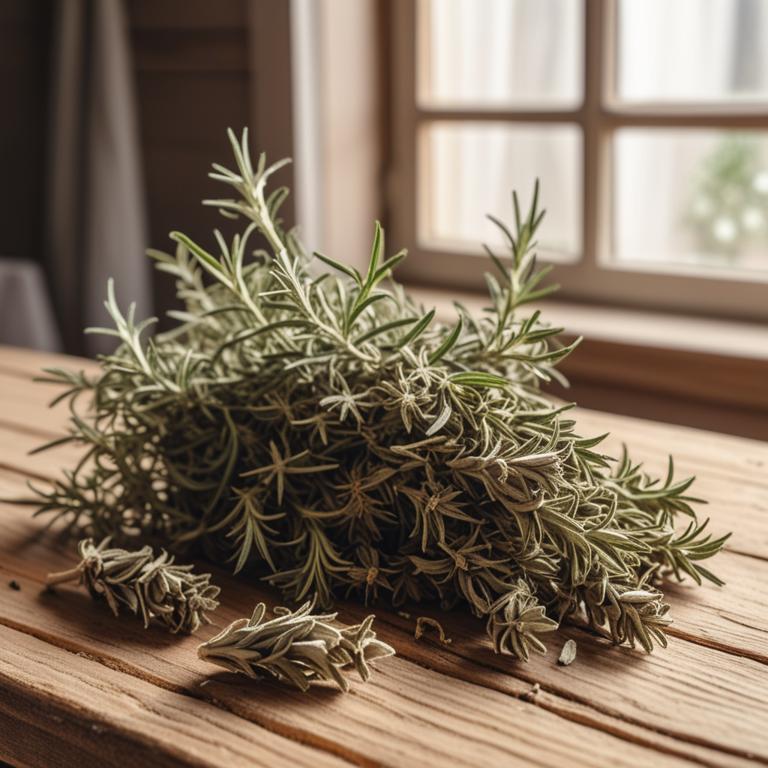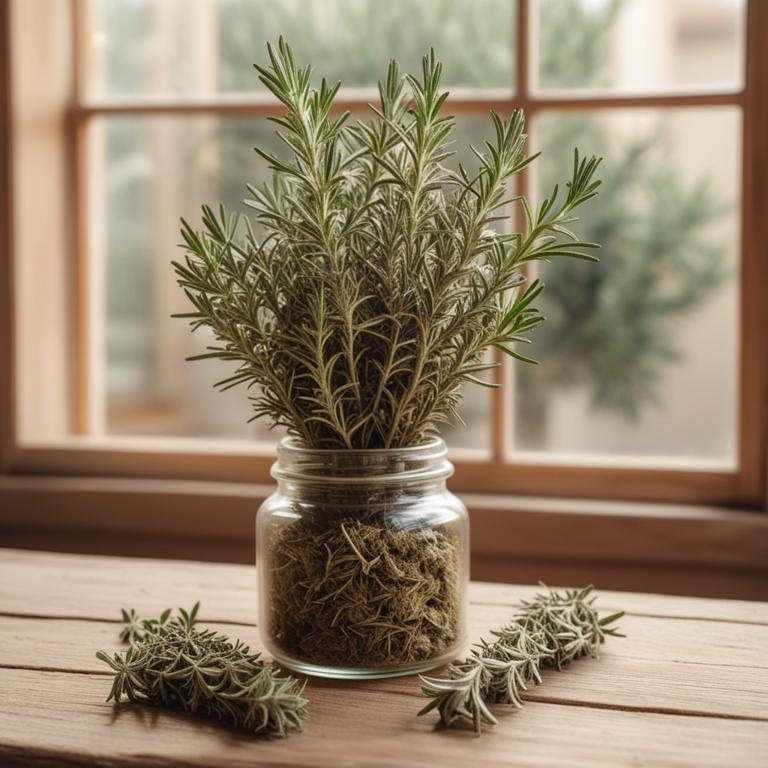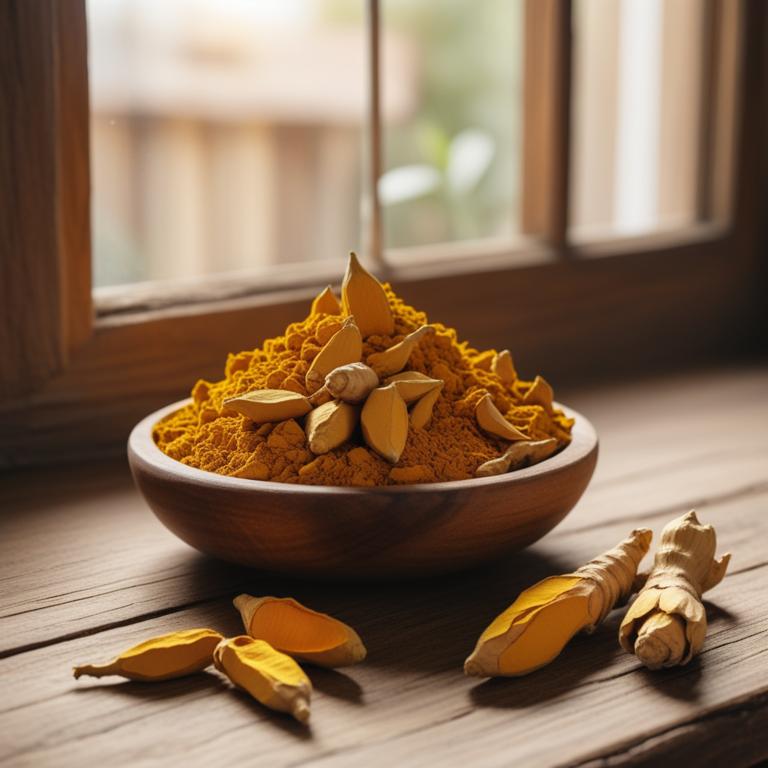Updated: Dec 1, 2024
Inflamed Mouth Care: Causes, Medicinal Herbs, and Natural Remedies for Healing

An inflamed mouth, also known as stomatitis, is a painful condition where the mucous membranes inside your mouth become inflamed and tender.
This can cause swelling, redness, and discomfort when eating, drinking, or even speaking. It can significantly affect your daily life, making it difficult to enjoy your favorite foods or engage in conversations. Inflammation in the mouth can be caused by a variety of factors, including bacterial or viral infections, poor oral hygiene, smoking, or certain medications. Sometimes, it can also be triggered by hormonal changes, stress, or an allergic reaction. Fortunately, there are several herbal remedies that can help soothe and heal an inflamed mouth.
Aloe vera, for example, is known for its anti-inflammatory and soothing properties, and can be applied directly to the affected areas. Marshmallow root has similar properties and can be made into a tea to help calm the inflammation. Slippery elm, another popular herb, can be used to make a tea or a mouthwash to coat and protect the mucous membranes. To use these herbs, you can try making a tea by steeping dried leaves or roots in hot water. You can also apply aloe vera gel directly to the affected areas or use it as a mouthwash.
Some herbal preparations, such as mouthwashes or lozenges, are also available in the market.
Table of Contents
- What causes the inflammation in an inflamed mouth?
- What benefits can be obtained from using herbs for treating an inflamed mouth?
- What are the main medicinal herbs for curing an inflamed mouth?
- What are the most popular herbal treatments for an inflamed mouth?
- Are there any herbs that are not suitable for someone with an inflamed mouth?
- FAQ
What causes the inflammation in an inflamed mouth?
The main causes of an inflamed mouth are often linked to infections, poor oral hygiene, and certain health conditions.
Oral Thrush, a fungal infection, can cause inflammation and white patches on the tongue, cheeks, and gums. It usually develops when the balance of good and bad bacteria in the mouth is disrupted, often due to the use of antibiotics or a weakened immune system. Gingivitis, a mild form of gum disease, occurs when plaque, a sticky film of bacteria, builds up on the teeth and causes inflammation of the gums.
If left untreated, Gingivitis can lead to Periodontitis, a more serious gum disease that can cause the gums to pull away from the teeth, creating spaces for bacteria to grow and cause further inflammation. Mouth Ulcers, also known as canker sores, are small, painful sores that can develop on the inside of the cheeks, lips, or tongue. They can be caused by minor injuries, stress, or a weakened immune system, and can be quite painful.
Canker Sores are often self-limiting, meaning they will heal on their own with time, but can be uncomfortable and painful until they do.
What benefits can be obtained from using herbs for treating an inflamed mouth?
Using certain herbs for an inflamed mouth can be very helpful.
These herbs have anti-inflammatory properties that can reduce swelling and ease pain. They can also help to kill bacteria and other germs that can cause infections.
This can speed up the healing process and prevent further complications. Some herbs can also help to soothe and calm the affected area, making it feel more comfortable. Additionally, they can help to reduce redness and bleeding, making it easier to eat and speak.
Some herbs can even help to prevent future episodes of mouth inflammation by reducing inflammation and promoting overall health.
What are the main medicinal herbs for curing an inflamed mouth?
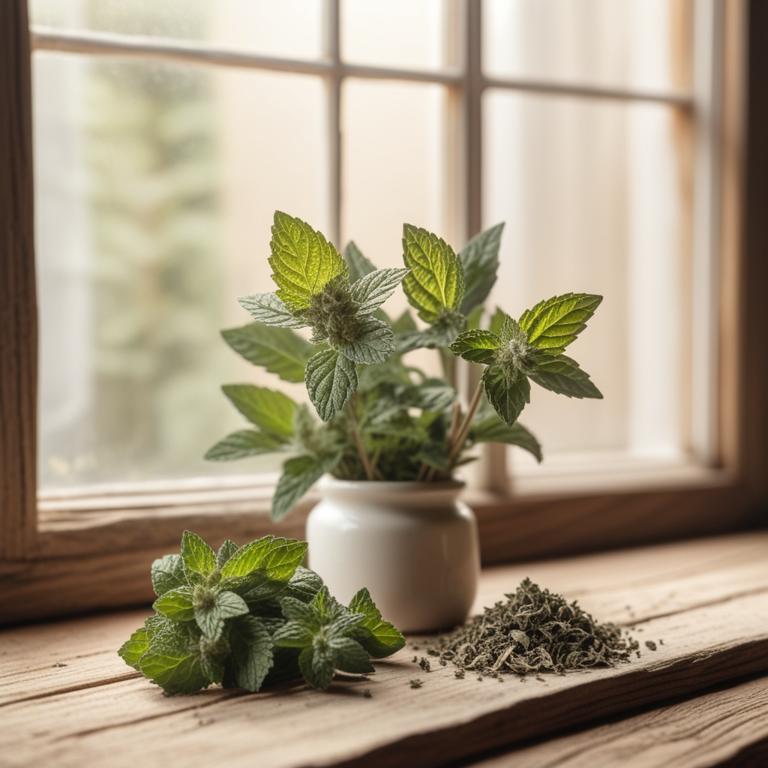
If you're dealing with an inflamed mouth, herbs can be a great natural remedy to try.
One of the best options is peppermint (Mentha x piperita), which has anti-inflammatory properties that can help soothe irritated tissues and reduce swelling. The cooling sensation of peppermint can also numb the pain and ease discomfort. Ginger (Zingiber officinale) is another herb that's been used for centuries to alleviate oral inflammation. Its anti-inflammatory compounds can help reduce redness and swelling, while its antimicrobial properties can combat infections that may be contributing to the inflammation. Calendula (Calendula officinalis) is a herb that's often used topically to soothe skin irritations, but it can also be used to calm mouth inflammation.
Its anti-inflammatory and antimicrobial properties can help reduce swelling and combat infections, while its soothing properties can ease pain and discomfort. Echinacea (Echinacea purpurea) is often used to boost the immune system and fight off infections, which can be a major contributor to mouth inflammation. By taking Echinacea, you can help your body fight off the underlying cause of the inflammation, which can lead to faster healing and reduced symptoms. Comfrey (Symphytum officinale) is another herb that's been used for centuries to heal wounds and reduce inflammation. Its anti-inflammatory and antimicrobial properties can help reduce swelling and combat infections, while its soothing properties can ease pain and discomfort. It's worth noting that while these herbs can be effective in reducing mouth inflammation, they may not address the underlying cause of the inflammation.
If you're experiencing persistent or severe mouth inflammation, it's best to consult with a healthcare professional to determine the best course of treatment.
What are the most popular herbal treatments for an inflamed mouth?

If you're dealing with an inflamed mouth, herbal preparations can be a big help.
For one, tea made from herbs like peppermint, chamomile, or licorice root can calm the pain and reduce swelling. These herbs have anti-inflammatory properties that can soothe the mouth and gums. Decoctions, which are like strong teas, can be made from herbs like calendula or plantain to help heal wounds and reduce inflammation in the mouth.
Tinctures, which are liquid extracts of herbs, can be applied directly to the inflamed area to provide quick relief. The antibacterial and anti-inflammatory properties of herbs like myrrh, echinacea, or sage can help fight off infections and reduce pain. Salves, which are topical creams or ointments, can also be made from herbs like aloe vera or comfrey to soothe and heal the mouth and gums. Lastly, lozenges made from herbs like slippery elm or marshmallow root can help protect and soothe the mouth, reducing inflammation and pain.
When you put all these herbal preparations together, you get a powerful tool to help manage mouth inflammation and get back to feeling better.
Additional Resources:
Are there any herbs that are not suitable for someone with an inflamed mouth?
If you have an inflamed mouth, it's best to avoid using herbs like rosemary, which can irritate the mouth further.
Rosemary, known scientifically as Rosmarinus officinalis, can be too harsh for mouth sores or ulcers, making them worse. Licorice root, Glycyrrhiza glabra, is another herb to steer clear of, as it can dry out the mouth and make the inflammation worse.
Cayenne pepper, Capsicum annuum, contains capsaicin, a spicy compound that can further irritate the mouth and make the inflammation more painful. Turmeric, Curcuma longa, can also be problematic, as it may cause the mouth to become more inflamed and sore. Sage, Salvia officinalis, can be too strong for an inflamed mouth, and may even cause more irritation and discomfort.
Using these herbs may cause more harm than good, so it's best to avoid them until your mouth has fully healed.
FAQ
Are there any specific herbs that can prevent inflamed mouth?
Some herbs like aloe vera and slippery elm can help soothe an inflamed mouth.
Aloe vera's anti-inflammatory properties can reduce swelling and pain, while slippery elm coats the mouth with a protective layer, reducing irritation and discomfort.
These herbs can be used in the form of mouthwashes, gels, or lozenges.
Is it safe to use herbal remedies for inflamed mouth during pregnancy?
If you have an inflamed mouth during pregnancy, it's best to be cautious with herbal remedies.
Some herbs can interact with pregnancy hormones or affect the baby's development. For example, pennyroyal and sage may cause problems.
Stick to what you know, and avoid new herbs unless you're sure they're safe.
Are there any herbs that can reduce the frequency of inflamed mouth?
Some herbs, like aloe vera and calendula, have been used to help reduce inflammation in the mouth.
Aloe vera contains anti-inflammatory properties that can soothe mouth sores and ulcers, while calendula's antibacterial properties can help combat infections that cause inflammation.
These herbs can be found in some mouthwashes and oral care products.
Related Articles

Itchy Ears: Causes and Homeopathic Solutions Using Medicinal Herbs

The Causes and Treatment of Excessive Sweating with Medicinal Herbs and Herbal Remedies
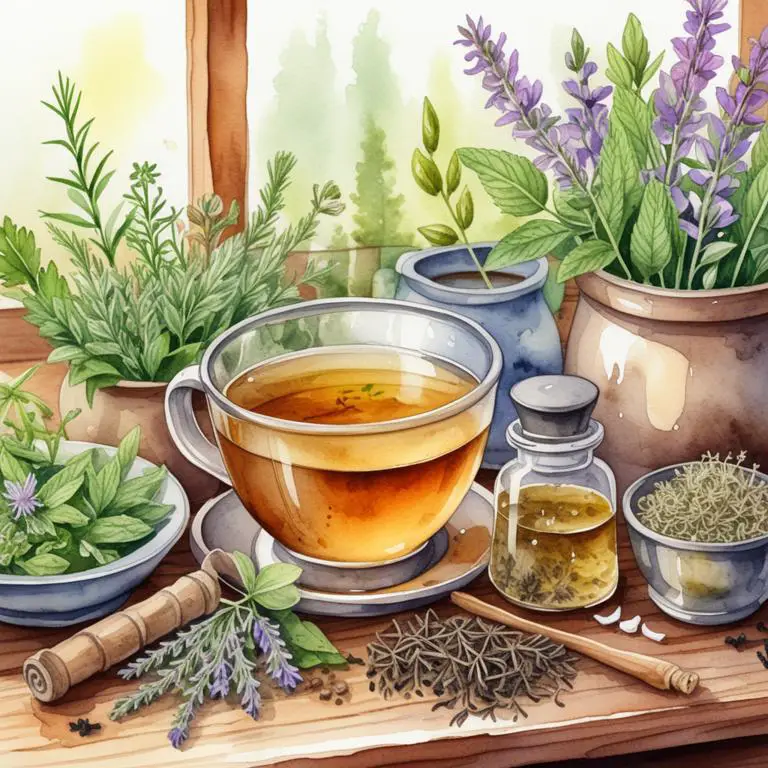
Athlete's Foot: Causes, Symptoms, and Effective Herbal Preparations
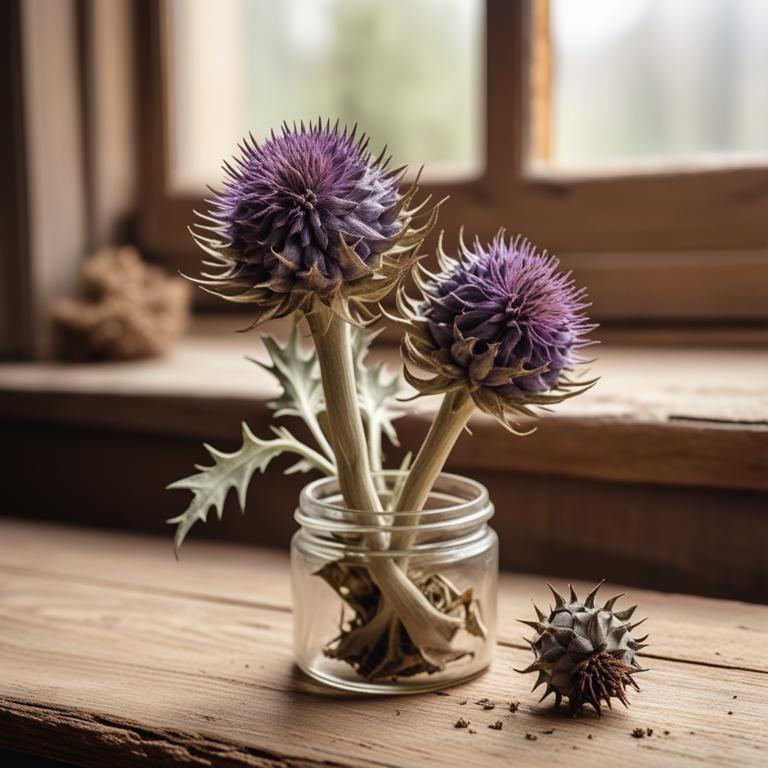
Identifying and Treating White Patches in Mouth: Causes, Herbal Remedies, and Preparations
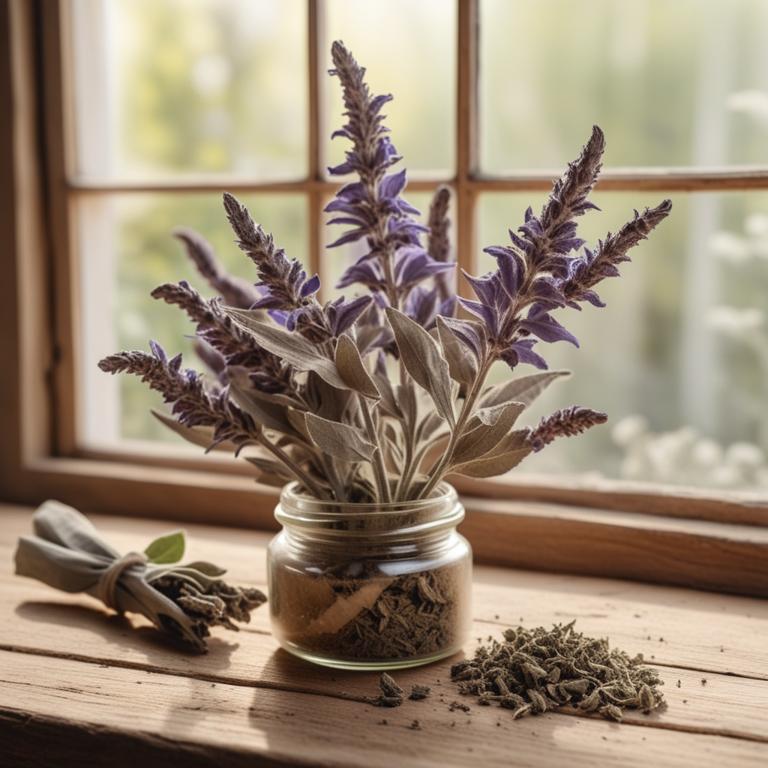
The Role of Medicinal Herbs in Preventing and Treating Dental Plaque
